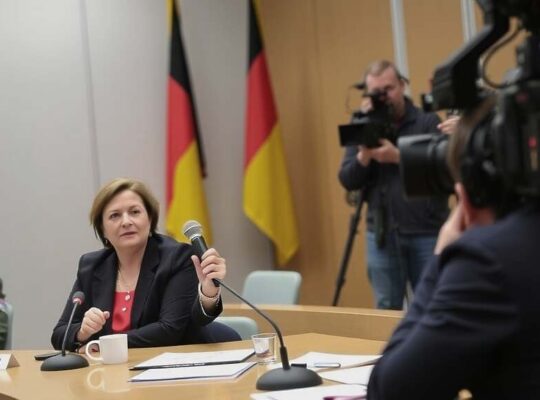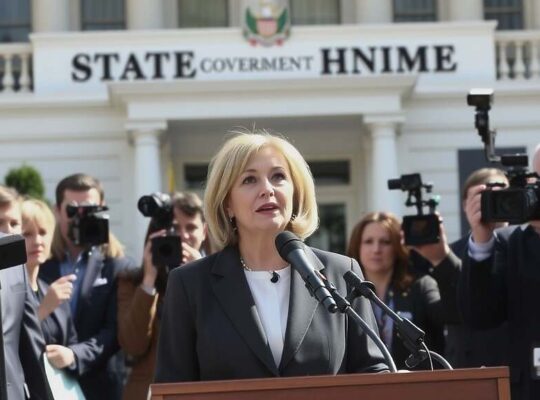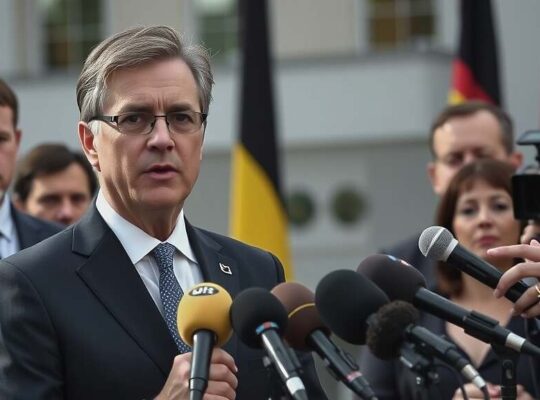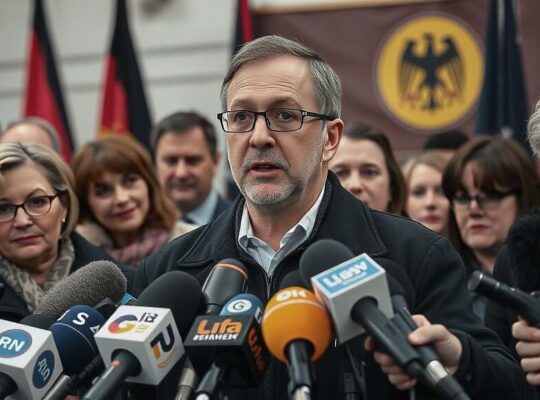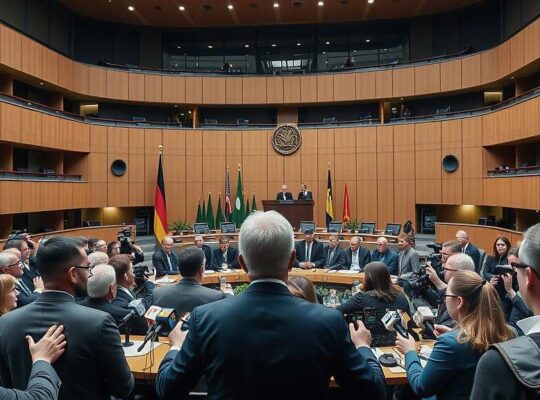The German government and the European Commission have reportedly reached an agreement on a multi-year financial plan, paving the way for continued investment in defense and infrastructure. According to a report in Handelsblatt, government sources indicate a successful agreement has been forged with the Commission concerning the maximum permissible growth of government spending for the years 2025 to 2029.
The German cabinet is expected to formally approve the financial plan on Wednesday before submitting it to the EU Commission. This agreement would, in principle, align Germany’s planned debt-funded investments in defense and infrastructure with existing EU fiscal rules.
Despite the agreement, the possibility of a deficit procedure against Germany, potentially as early as this autumn when the 2026 budget is presented, remains. The European Commission has consistently emphasized the importance of consistent rule application across all member states, a principle some economists argue is being compromised.
Jeromin Zettelmeyer, head of the Brussels-based think tank Bruegel, voiced concerns that Germany is “bending” the application of EU rules, warning of potentially “catastrophic” consequences. Economist Lars Feld expressed similar unease, suggesting that Brussels’ concessions to Berlin could negatively impact the efforts of other member states striving to stabilize their public finances, potentially delaying debt reduction in countries such as France and Italy.
The agreement anticipates a near doubling of Germany’s potential growth rate, from 0.5 percent to an average of 0.9 percent over the coming years. Furthermore, the agreement includes provisions for a reduction in Germany’s debt level starting in 2029, supported by the temporary exclusion of defense spending from debt calculations, even though this provision is scheduled to expire in 2028. This would allow Germany’s debt-to-GDP ratio to fall below 60 percent for the first time in 2036.



